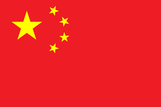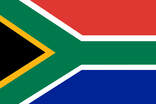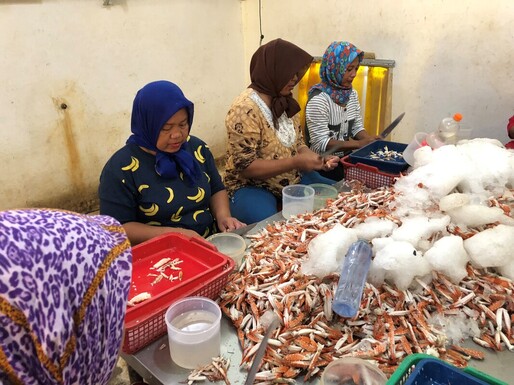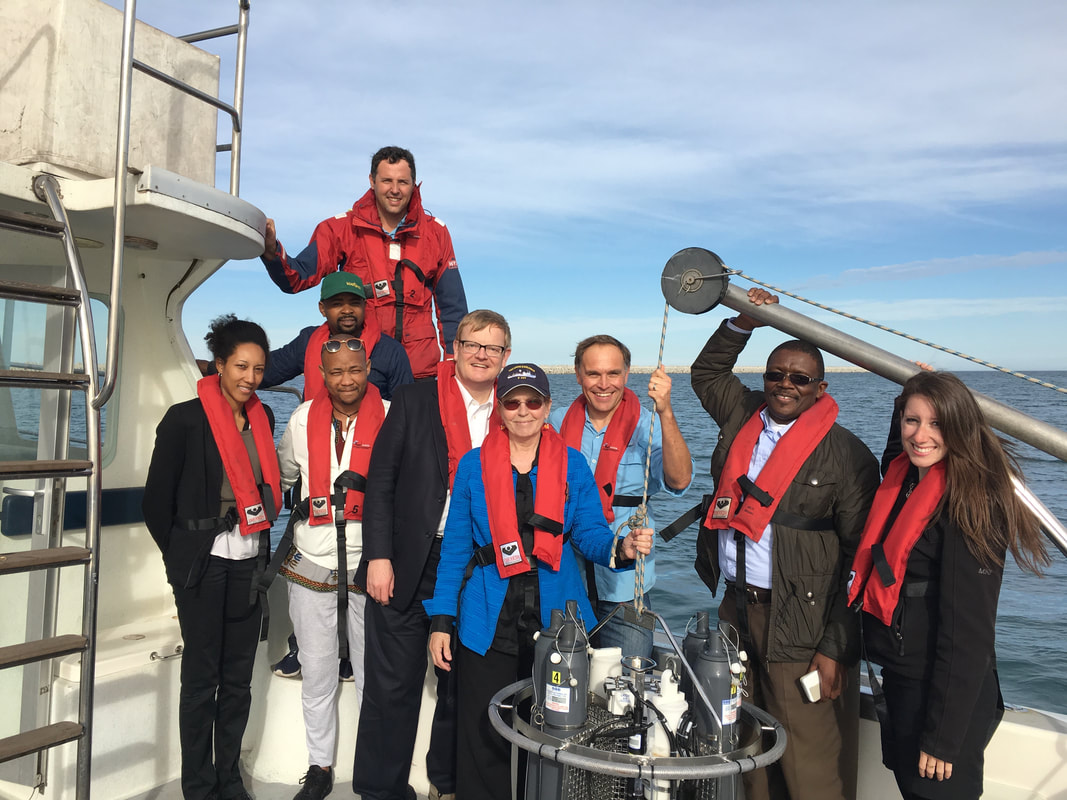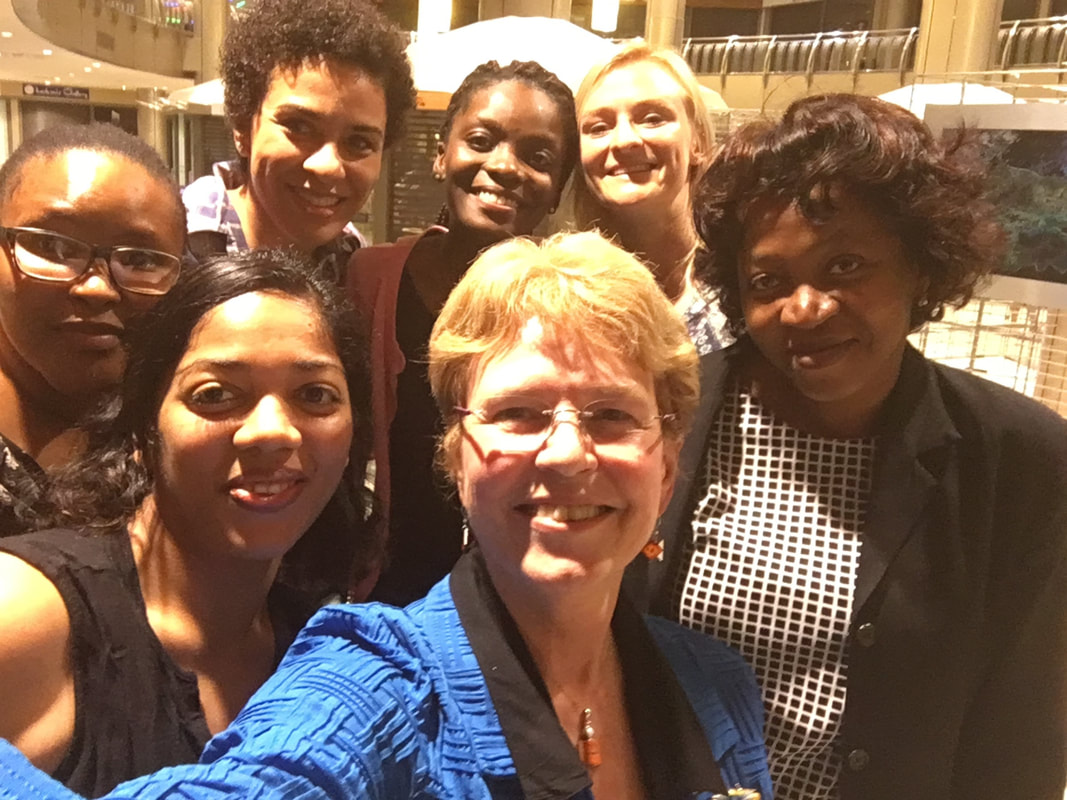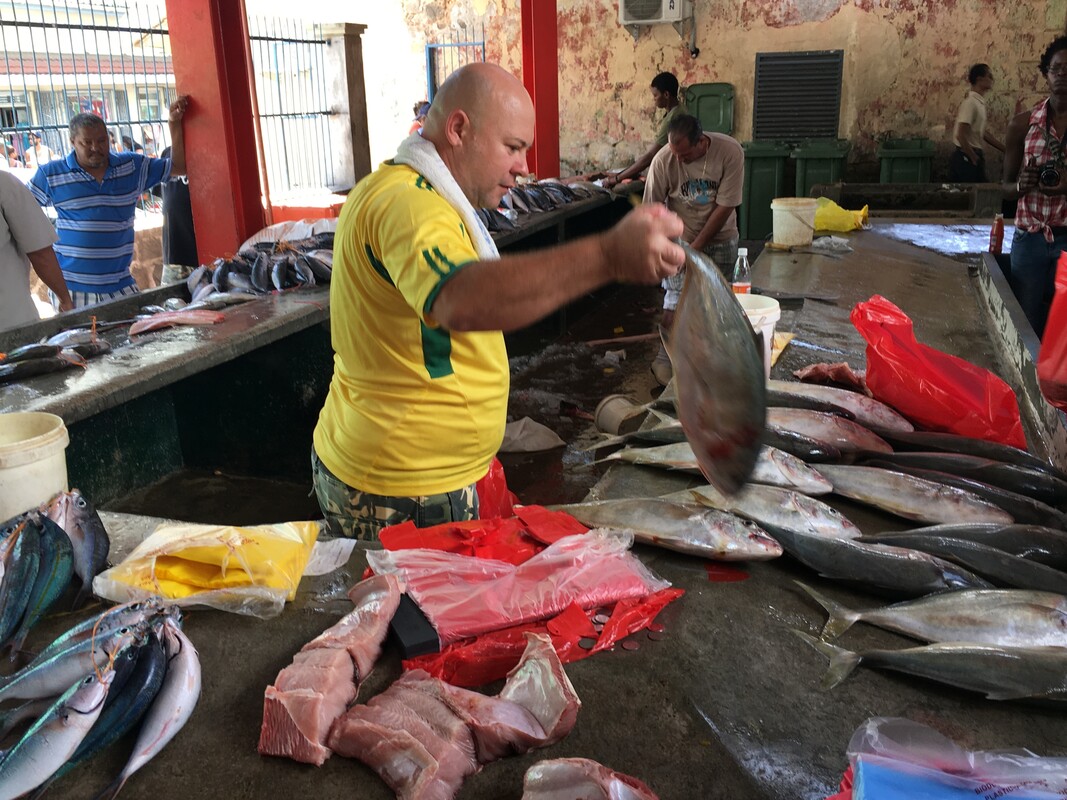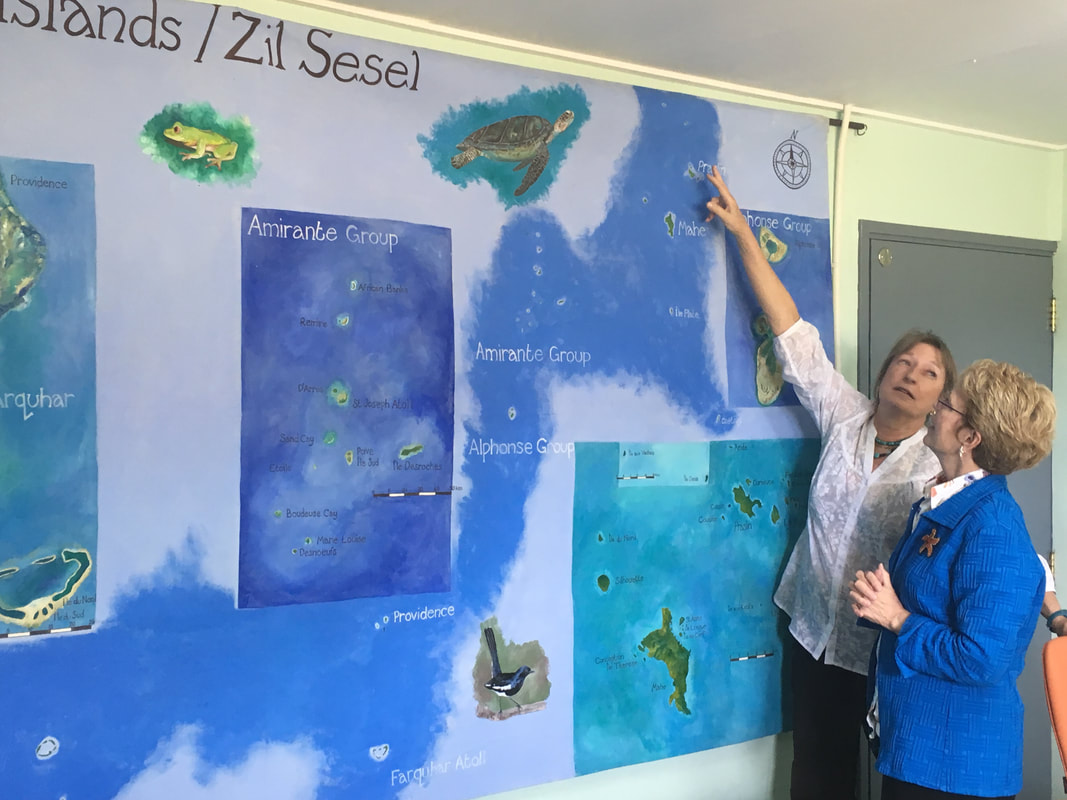Science Envoy for the Ocean
Dr. Lubchenco served as the first U.S. Science Envoy for the Ocean from 2014-2016, a pro bono position with the State Department. She worked with governments, industry, universities, and civil society organizations in China, Indonesia, South Africa, Mauritius and the Seychelles, doing science diplomacy around ocean, climate, biodiversity, sustainable development and human wellbeing.
|
Activities in China focused on identifying pathways to achieve sustainable fisheries and aquaculture, and healthy ocean ecosystems, consistent with ‘ecological civilization’ component of China’s 5-year plan. These engagements led to new and ongoing partnerships between Chinese and U.S. scientists. |
|
In Indonesia she focused on innovative ways to combine marine protected areas with sustainable fisheries, on the science and processes needed to achieve sustainable fisheries, and ways to tackle illegal, unreported, and unregulated fisheries. The overarching goal was to achieve healthy ocean ecosystems that support vibrant fisheries, good jobs, coastal economies, and tourism. New partnerships between Indonesia and the U.S. were created and existing ones strengthened.
|
In Africa, Lubchenco worked with the State Department to create a novel private-public partnership focused on training young scientists from across the continent to understand and measure ocean acidification (OA). She led the inaugural training workshop, held on Mauritius. Now operated by The Ocean Foundation, this OA program is thriving and connecting African young scientists with the international network of researchers tracking these changes in ocean chemistry.
|
In South Africa, Lubchenco also worked closely with the aquaculture industry on impacts of ocean acidification on abalone aquaculture and ways to mitigate those impacts. And she worked with coastal communities, academics and governmental agencies as they worked to create a network of Marine Protected Areas.
|
|
In the Seychelles, she facilitated progress on that country’s pioneering ‘Debt for Nature Swap’ which included marine spatial plans for the Exclusive Economic Zone that are now being implemented, including Marine Protected Areas, and later she assisted with the Blue Bonds that are helping finance implementation and achieve sustainable fisheries.
|
